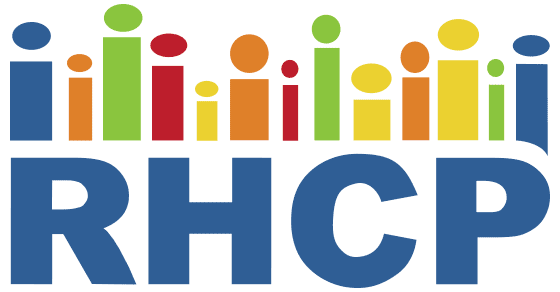Closing the Gap: Participatory Formative Evaluation to Reduce Cancer Screening Disparities among Patients with Limited English Proficiency
Journal of Cancer Education Feb 2020
RHCP partnered with a large primary care network to address cancer screening disparities among patients with limited English proficiency (LEP) in Rochester, Minnesota. Using a participatory formative evaluation approach, the team conducted interviews with LEP patients, providers, interpreters, and community leaders to identify multilevel barriers to screening. These included limited understanding of preventive health, cultural beliefs, mistrust of providers, and logistical challenges such as appointment scheduling and interpreter availability. The study applied the Social Ecological Model and Health Belief Model to organize findings across intrapersonal, interpersonal, institutional, and community levels, revealing that shared experiences of immigration and language barriers often outweighed cultural differences in shaping health behaviors.
A community-academic summit with 48 stakeholders validated these findings and helped co-design intervention strategies. Participants emphasized the importance of peer navigators, collaboration with community-based organizations, and culturally tailored educational materials. Proposed interventions included clinic-based components like interpreter training and registry-based outreach, as well as community-led education and navigation efforts. The study demonstrated the feasibility and value of engaging diverse stakeholders in designing responsive, multilevel interventions. It also highlighted the need for integrated clinic and community strategies to improve cancer screening rates among LEP populations, with future steps focused on implementing the co-developed intervention components.
